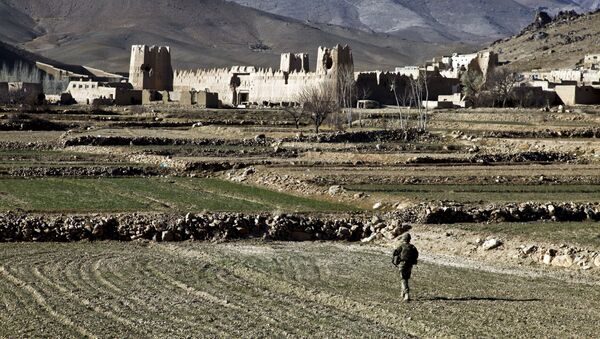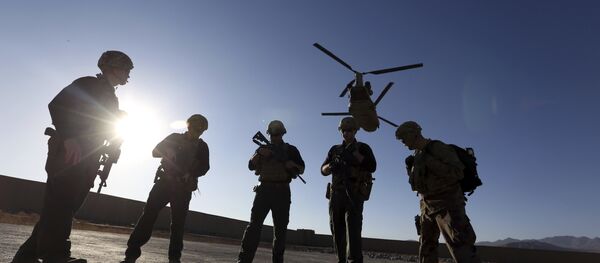An ICC prosecutor requested approval to launch an investigation into alleged US war crimes in the war-torn Central Asian nation, including possible torture, in early November, repeating a similar request made a year earlier. However, for reasons unknown, the investigation was again suspended.
Legal observers believe the key factor stalling the Hague's investigation stems from the George W. Bush administration's 2002 withdrawal from the ICC's Rome Statute, under which suspected war criminals can be tried.
According to the professor, the security treaty between Afghanistan and the United States, signed by President Ashraf Ghani in 2014, is the key single factor preventing legal action from moving forward, in spite of ample evidence of crimes. The clauses of this treaty explicitly state that the Afghan government does not have authority to deal with crimes committed by US forces on Afghan territory, Azimi explained.
Furthermore, he noted, many of the bilateral security treaties the US has with other countries, including some European nations, Japan and Korea, have similar stipulations.
"Under US law, other countries have no right to investigate crimes against American soldiers and military personnel," under the pretext that "only US courts can ensure a fair investigation of crimes committed by members of the US armed forces," Azimi said. "Accordingly, crimes committed by members of the US military can only be considered in US criminal courts."
At the same time, the professor lamented, the number of investigations and trials for war crimes in US courts is negligible. According to Azimi, even successfully tried cases often result in verdicts which do not correspond to the scale of crimes committed.
For his part, Qazi Mohammad Nazir Hanafi, a member of the Legislative Commission of Afghanistan's lower house of parliament, stressed that the 2014 security agreement was signed in spite of opposition by the Afghan people. The lawmaker told Sputnik that the suspected crimes of US military personnel in Afghanistan often do not even make it to court in the US. "We condemn the US refusal to have its war crimes investigated by the Hague. We call on the ICC to bring the perpetrators to justice so such crimes will not be repeated," he said.


